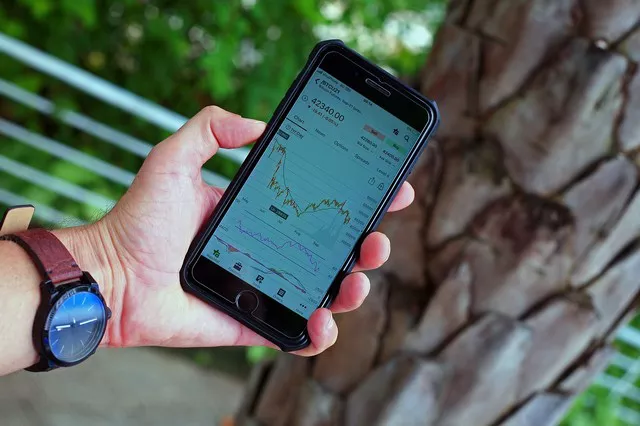Ether futures have emerged as a significant addition to the world of cryptocurrencies, providing traders with an avenue to speculate on the price movements of Ethereum’s native cryptocurrency, Ether (ETH). As the second-largest cryptocurrency by market capitalization, Ether has garnered widespread attention, and the introduction of futures contracts has opened up new opportunities for investors. In this article, we will delve into the intricacies of ether futures, exploring their definition, contract specifications, trading process, and their impact on the cryptocurrency market.
Understanding Ether and Ethereum
Ether (ETH):
Native Cryptocurrency: Ether is the native cryptocurrency of the Ethereum blockchain, fueling its decentralized ecosystem.
Utility and Functionality: Ether serves multiple purposes, including facilitating transactions, powering smart contracts, and enabling decentralized applications (dApps) to operate on the Ethereum network.
Ethereum Blockchain:
Decentralized Platform: Ethereum is a blockchain platform that enables the development and execution of smart contracts and decentralized applications.
Programmable Functionality: The Ethereum blockchain allows developers to create and deploy their own applications and programmable contracts using the Solidity programming language.
Ether Futures Contracts
Definition:
Derivative Contracts: Ether futures are financial contracts that derive their value from the price of Ether.
Price Speculation: Traders enter into ether futures contracts to speculate on the future price movements of Ether, aiming to profit from anticipated price appreciation or depreciation.
Contract Specifications:
Contract Size: Each ether futures contract represents a specific quantity of Ether.
Expiration Date: Ether futures contracts have predetermined expiration dates, indicating when the contract settles and positions are closed.
Trading Ether Futures
Market Participants:
Speculators: Traders with a speculative mindset engage in ether futures trading to profit from the anticipated price movements of Ether without owning the underlying asset.
Hedgers: Institutional investors and cryptocurrency market participants utilize ether futures contracts to hedge their exposure to Ether’s price volatility, mitigating potential losses.
Exchange-Traded:
Regulated Exchanges: Ether futures contracts are traded on regulated exchanges, offering a transparent and secure marketplace for participants.
Market Liquidity: The presence of centralized exchanges enhances liquidity, facilitating easy entry and exit from ether futures positions.
Trading Mechanisms:
Margin Trading: Ether futures contracts allow traders to trade on margin, meaning they can control a larger position with a smaller capital investment, amplifying potential returns or losses.
Leverage: The use of leverage in ether futures trading enables traders to have exposure to a larger notional value of Ether than their initial investment.
Impact on the Cryptocurrency Market
Price Discovery:
Market Transparency: Ether futures contracts provide a transparent pricing mechanism, reflecting market sentiment and expectations regarding the future price of Ether.
Price Efficiency: The introduction of futures contracts contributes to the overall price efficiency of Ether by facilitating price discovery and narrowing price spreads.
Institutional Participation:
Increased Institutional Adoption: Ether futures attract institutional investors who seek exposure to the cryptocurrency market, contributing to its growing acceptance and mainstream recognition.
Market Maturation: The presence of regulated ether futures contracts encourages the development of infrastructure, custodial services, and risk management tools, fostering a mature cryptocurrency market.
Conclusion
Ether futures contracts have revolutionized the cryptocurrency landscape, allowing market participants to engage in price speculation and risk management strategies surrounding Ethereum’s native cryptocurrency, Ether. With their standardized contracts, leverage capabilities, and exchange-traded nature, ether futures have opened up new avenues for traders and institutional investors to participate in the dynamic world of cryptocurrencies. As the Ethereum ecosystem continues to evolve, understanding the intricacies of ether futures becomes essential for individuals looking to explore this exciting asset class and navigate the opportunities and risks it presents.


